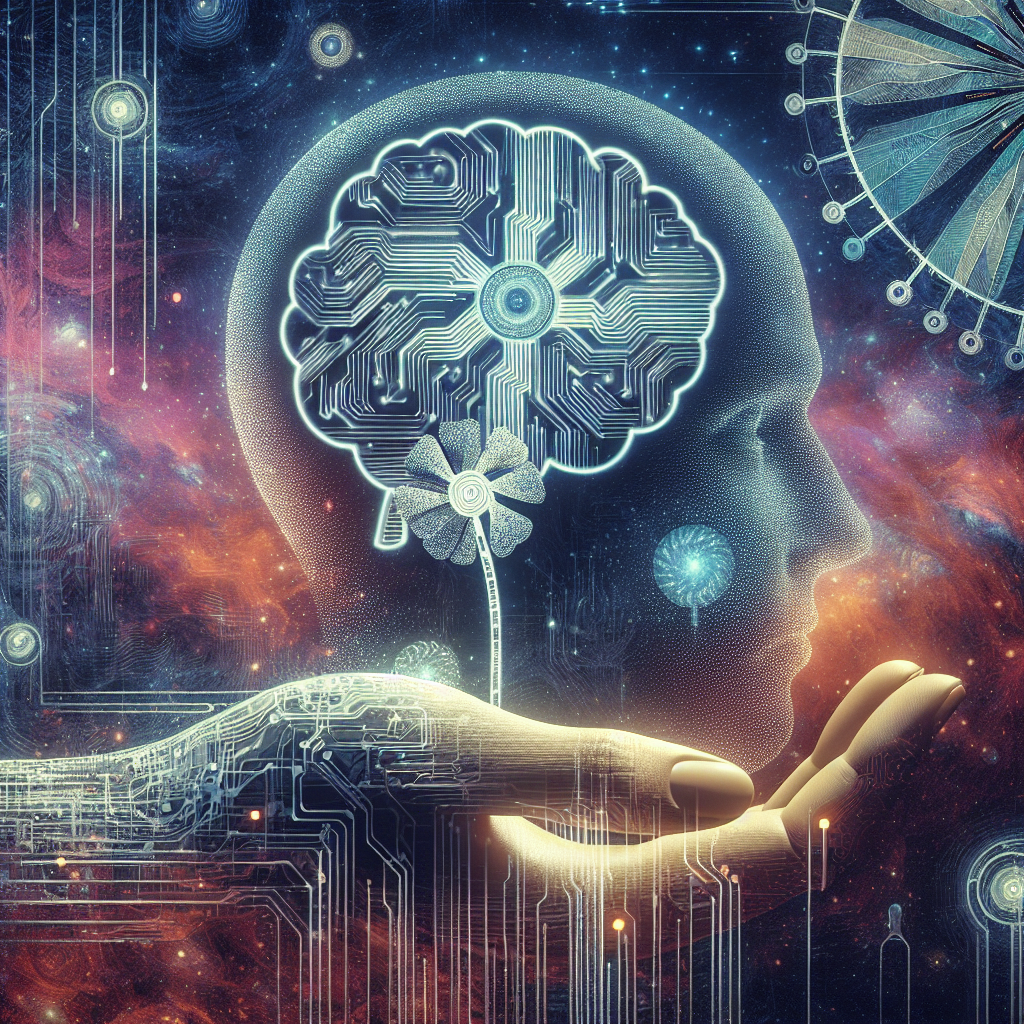As the world becomes increasingly digital and interconnected, the use of artificial intelligence (AI) in various fields is becoming more prevalent. One area where AI is making a significant impact is in mental health support. AI-driven solutions are being used to provide more personalized and efficient mental health care, helping individuals manage their mental health more effectively.
AI-driven solutions for mental health support encompass a wide range of applications, including chatbots, virtual therapists, predictive analytics, and data analysis tools. These solutions aim to improve access to mental health care, reduce stigma, and provide personalized support to individuals in need.
One of the key benefits of using AI-driven solutions for mental health support is the ability to provide round-the-clock support to individuals. Chatbots, for example, can provide immediate responses to individuals seeking help, offering guidance and resources to manage their mental health. This can be particularly beneficial for individuals who may not have access to traditional mental health services or who are hesitant to seek help from a human therapist.
AI-driven solutions can also help in early detection of mental health issues. By analyzing data from individuals’ online activities, such as social media posts or browsing history, AI algorithms can identify patterns that may indicate the presence of mental health problems. This early detection can help individuals seek help sooner, leading to better outcomes and reduced risk of more severe mental health issues.
In addition, AI-driven solutions can provide personalized support to individuals based on their unique needs and preferences. Virtual therapists, for example, can adapt their responses and recommendations based on the individual’s responses and feedback, creating a more tailored and effective support system.
Furthermore, AI-driven solutions can help mental health professionals in their practice by providing data-driven insights and recommendations. Predictive analytics tools can analyze large datasets of mental health information to identify trends and patterns, helping professionals make more informed decisions about treatment options and interventions.
Despite the many benefits of AI-driven solutions for mental health support, there are also challenges and limitations to consider. One concern is the potential for bias in AI algorithms, which can lead to inaccurate or discriminatory recommendations. It is important for developers to address bias in AI algorithms and ensure that they are designed and tested to provide fair and accurate support to all individuals.
Another challenge is the need for ongoing monitoring and evaluation of AI-driven solutions to ensure that they are effective and safe for individuals to use. Regular updates and improvements are necessary to keep pace with advancements in technology and to address any issues that may arise in the use of AI for mental health support.
In conclusion, leveraging AI-driven solutions for mental health support has the potential to revolutionize the way individuals manage their mental health. By providing personalized, round-the-clock support, early detection of issues, and data-driven insights, AI-driven solutions can help individuals access the care they need and improve outcomes for those struggling with mental health issues.
FAQs:
Q: Are AI-driven solutions for mental health support effective?
A: Research has shown that AI-driven solutions can be effective in providing support and resources to individuals seeking help with their mental health. These solutions can offer personalized support, early detection of issues, and data-driven insights to improve outcomes for individuals.
Q: Are AI-driven solutions for mental health support safe to use?
A: It is important for developers to ensure that AI-driven solutions for mental health support are designed and tested to be safe and effective for individuals to use. Ongoing monitoring and evaluation are necessary to address any issues that may arise and to ensure that these solutions are providing accurate and fair support to all individuals.
Q: How can individuals access AI-driven solutions for mental health support?
A: AI-driven solutions for mental health support can be accessed through various platforms, such as mobile apps, websites, and online chat services. Individuals can also seek guidance from mental health professionals who may recommend specific AI-driven tools and resources to help manage their mental health.
Q: Are AI-driven solutions for mental health support affordable?
A: The cost of accessing AI-driven solutions for mental health support can vary depending on the platform and services offered. Some AI-driven tools may be available for free or at a low cost, while others may require a subscription or payment for access to more advanced features and support. Individuals should explore different options to find the best solution that fits their needs and budget.

